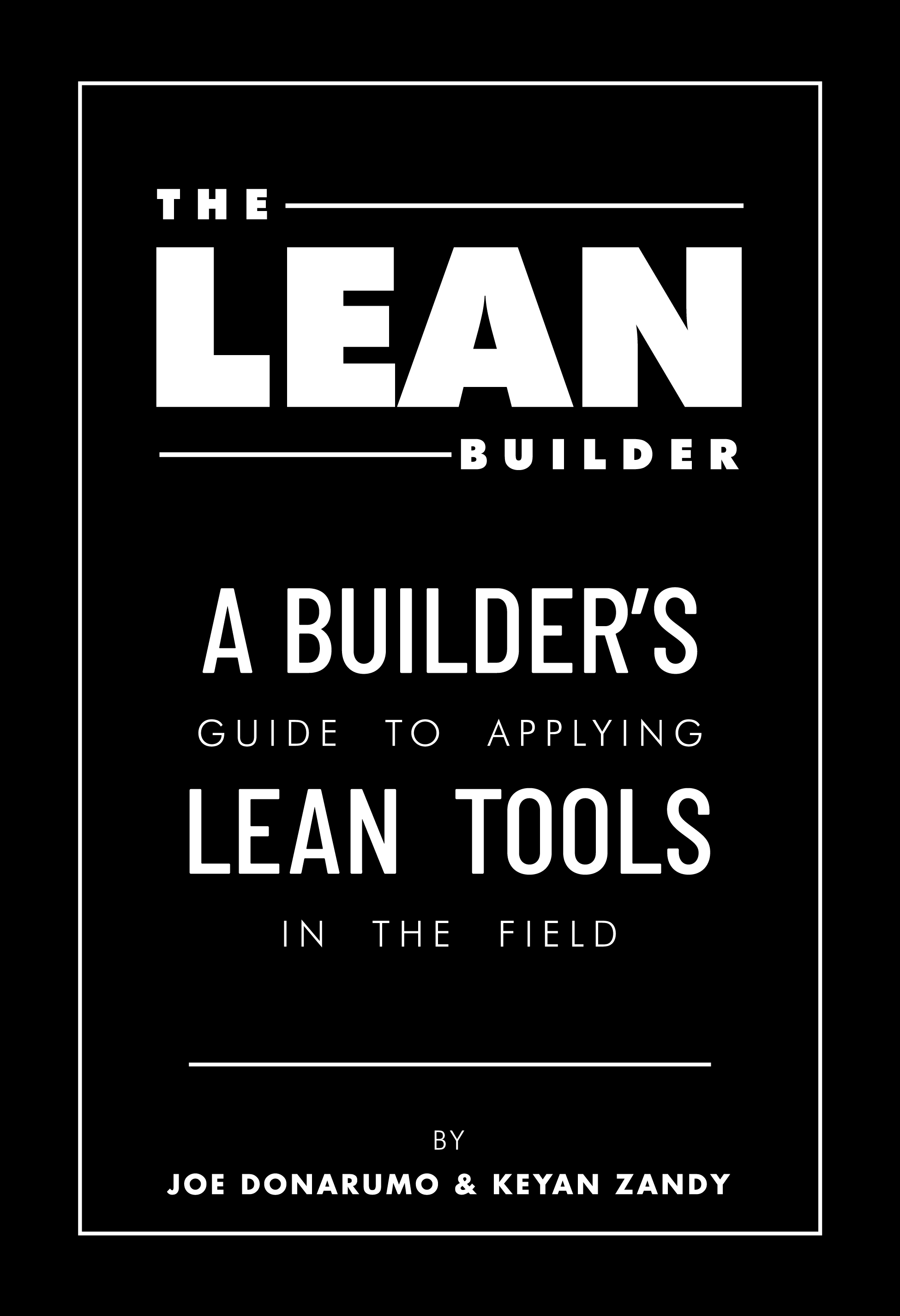The U.S. International Trade Commission said on Mar. 20 that domestic steel fabricators were being harmed by imports of fabricated structural steel from Canada, China and Mexico. That means an investigation will continue into whether the three countries’ imports are harming U.S.-based fabricators, which could result in anti-dumping duties placed on structural steel products used by U.S. contractors.
The American Institute of Steel Construction (AISC) asked the U.S. Commerce Dept. for anti-dumping or countervailing duties of 31.46% for Canada, 41.39% for Mexico and a whopping 218.95% for China. The trade group notes the long decision-making process, but says it would have filed this action with or without tariffs the Trump administration has placed on raw steel and aluminum coming into the U.S. Commerce usually rules on such petitions 11 months from the filing date.
“Our preliminary investigation looked at the period of 2015 to 2017 and most of 2018, well before those tariffs were in place,” says David Zalesne, AISC vice chair and president of Owen Steel, Columbia, S.C. “It’s important to clarify that this case was brought based on an investigation of facts and law. It’s in the hands of agencies to evaluate those … and follow the process.”
|
Related Link |
Supply Gap?
If anti-dumping duties are placed on fabricated steel, there is little doubt contractors would see their costs increase for imports. “It could lift fabrication prices for structural steel,” says Tyler Kenyon, a research analyst at investment banking firm Cowen and Co. “The question ultimately is, will there be other countries, or regions, that can fill the gap on the supply side? If supply from Canada, Mexico and China completely goes away, will there be another country that steps in to help fill that void?”
Negotiations between the U.S. and China on a new trade deal could also impact how the case is decided. Until there’s more certainty about fabricated steel prices, contractors are watching closely.
“We’ve been following this one closer than some others,” says Josh Lawrence, senior vice president of preconstruction services at McCarthy Building Cos. “It has some potential impact to some of our clients and, certainly our industry partners that are in the domestic fabrication business.” He says that fabricated steel has been a volatile market for years and that McCarthy’s standard preconstruction service is to plan ahead, look for early procurement strategies and time the market.
Added Costs
According to Lawrence, McCarthy has seen some cost increases as a result of last year’s tariffs that were levied under sections 232 and 301 of the 1962 Trade Expansion Act, adding that firm managers are monitoring this investigation because of potential impacts on the type of projects the company bids on. “We definitely have seen impacts,” he says. “We’ve seen some upward price pressures on projects where structural steel is a significant portion of the project. We build a lot of steel frames and a lot of concrete frames, so there definitely have been impacts.”
Analyst Kenyon adds that successful duties could have effects beyond the cost of steel, including on transportation to and from domestic fabricators and mills. “Prohibitive duties placed on imports of structural steel from Canada, Mexico and China [have] the potential to increase prices for fabricated steel,” he points out. “It could also increase the level of upstream fuel demand that’s being consumed domestically with [contractors] not able to source fabricated steel from overseas and buying from more onshore fabricators.”







